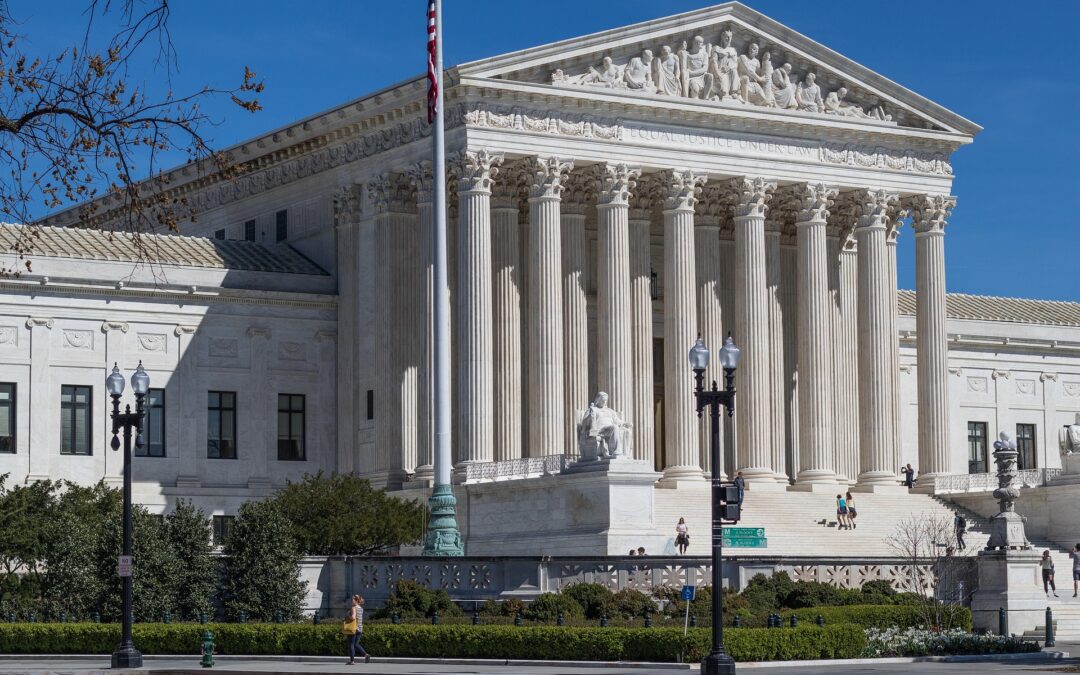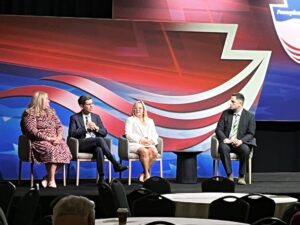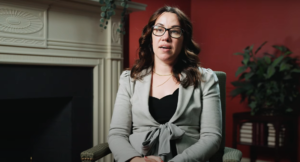In a landmark decision released this week, the U.S. Supreme Court ruled in favor of Tennessee’s law that protects minors from harmful and experimental gender-related medical procedures. The case, United States v. Skrmetti, marks a major win for child welfare and evidence-based medicine—and a resounding affirmation that states have the authority to act in the best interests of their youngest citizens.
The Independence Law Center submitted an amicus curiae (friend of the court) brief in this case, urging the Court to uphold Tennessee’s law. The ruling reflects what we—and many others around the world—have long argued: children deserve protection from irreversible medical interventions based on contested science and ideological pressures.
What the Court Decided
At the heart of the case was whether Tennessee’s law—banning the use of puberty blockers, cross-sex hormones, and surgical procedures for treating “gender dysphoria” in minors—violated the Equal Protection Clause of the 14th Amendment.
The Court’s answer: It does not.
In the majority opinion authored by Chief Justice John Roberts and joined by Justices Thomas, Gorsuch, Kavanaugh, and Barrett (with Justice Alito concurring in part), the Court ruled that Tennessee’s law is not subject to heightened scrutiny and does meet the requirements of rational basis review. That means the law is constitutionally sound so long as it is reasonably related to a legitimate government interest—in this case, protecting children’s health and safety.
“Tennessee concluded that there is an ongoing debate among medical experts regarding the risks and benefits associated with administering puberty blockers and hormones to treat gender dysphoria,” the Court wrote on page 22 of the opinion. “The law’s ban on such treatments responds directly to that uncertainty.”
In other words, states are not handcuffed and forced to believe one side in this controversy. Instead, they are free to step in and protect kids.
A Win for Common Sense
This ruling is not only a legal victory—it’s a moral and medical one, too.
For years, activists have pushed radical policies that allow and even encourage children (and pressure their parents) to pursue life-altering, irreversible interventions, while denying the proper counseling that would help youth work through their discomfort with their sex and other underlying mental health issues. But European nations, such as the United Kingdom, Sweden, and Finland, are now moving in the opposite direction. They’ve recognized the dangers of fast-tracking young people into puberty blockers and hormone treatments without thoroughly addressing the root causes of their distress.
In our amicus brief, we brought these international trends to the Court’s attention, emphasizing the mounting concern from medical authorities worldwide about the risks of so-called “gender-affirming care.”
Lauren Hackett, Esq., Legal Counsel at Independence Law Center, praised today’s decision: “The Supreme Court’s ruling today is a crucial affirmation of the need to safeguard children from risky medical practices lacking sufficient scientific validation. Through our amicus brief, we emphasized the growing international recognition of these risks and the necessity of providing minors with safer, psychologically sound treatments. This decision represents a significant step forward in child welfare and evidence-based medical practice.”
Randall L. Wenger, Esq., Chief Counsel at Independence Law Center and COO at PA Family Institute, also noted, “The Court’s decision marks an essential step forward in prioritizing evidence-based, compassionate care for vulnerable minors. Rather than endorsing irreversible and inadequately studied interventions, today’s ruling justifies proven psychological and holistic approaches. This decision is about protecting children and affirming that their physical and psychological futures should never be jeopardized by speculative medical experiments. We were pleased to support this decision with our amicus brief, emphasizing a global movement toward responsible, evidence-based healthcare for minors.”
“Today’s Supreme Court decision affirms a vital truth: protecting children from experimental, irreversible medical procedures is essential. Science increasingly underscores the serious and permanent harms associated with puberty blockers and surgical interventions for minors. Today, the Supreme Court recognized that states have a clear responsibility to prioritize the long-term health and well-being of children,” he added.
This decision also reflects the voices of families, medical experts, and advocates from across the country who have long called for a more cautious, child-centered approach. During a December rally outside the U.S. Supreme Court, Family Policy Councils from across the nation—including Pennsylvania Family Institute—stood in support of Tennessee’s law and the right of states to protect children.
What This Means for Pennsylvania
This decision has major implications for other states—like Pennsylvania—where similar bills have been introduced to either restrict or expand access to gender-related medical interventions for minors. The ruling confirms that restrictions can be passed and upheld, provided they are based on reasonable concerns for health and safety.
It also means that advocates of child protection and sound medical ethics are on firm constitutional footing. Efforts to smear such policies as discriminatory or unconstitutional have now failed at the nation’s highest court.
The Dissent—and Why It Doesn’t Hold
The Court’s liberal justices—Sotomayor, Kagan, and Jackson—filed dissenting opinions. But those opinions do not change the legal reality: the Constitution does not prevent states from exercising caution when children’s health is at stake.
The majority rightly refused to substitute preference of judges for legislative judgment. As the opinion notes, “We also decline…to second-guess the lines that [Tennessee’s law] draws.” That’s exactly what judicial restraint looks like—respecting the role of state legislatures to make difficult policy decisions based on the best available evidence.
What Comes Next
We anticipate this ruling will empower more states to pass protections for minors, and we hope Pennsylvania will soon follow suit. Children experiencing distress over their sex deserve wise, compassionate care, not fast-tracked drugs or irreversible procedures based on politicized medicine.
We are deeply grateful to the many individuals and organizations who have worked tirelessly to bring this issue before the Court—and to stand for truth, compassion, and the rights of parents.
Let’s continue to protect children. Let’s stand for science and safety. And let’s build on this momentum to ensure every child in America is given the time, care, and truth they need to thrive.
If you’d like to support the Independence Law Center’s work in defending children, families, and religious freedom, you can make a tax-deductible donation here.




